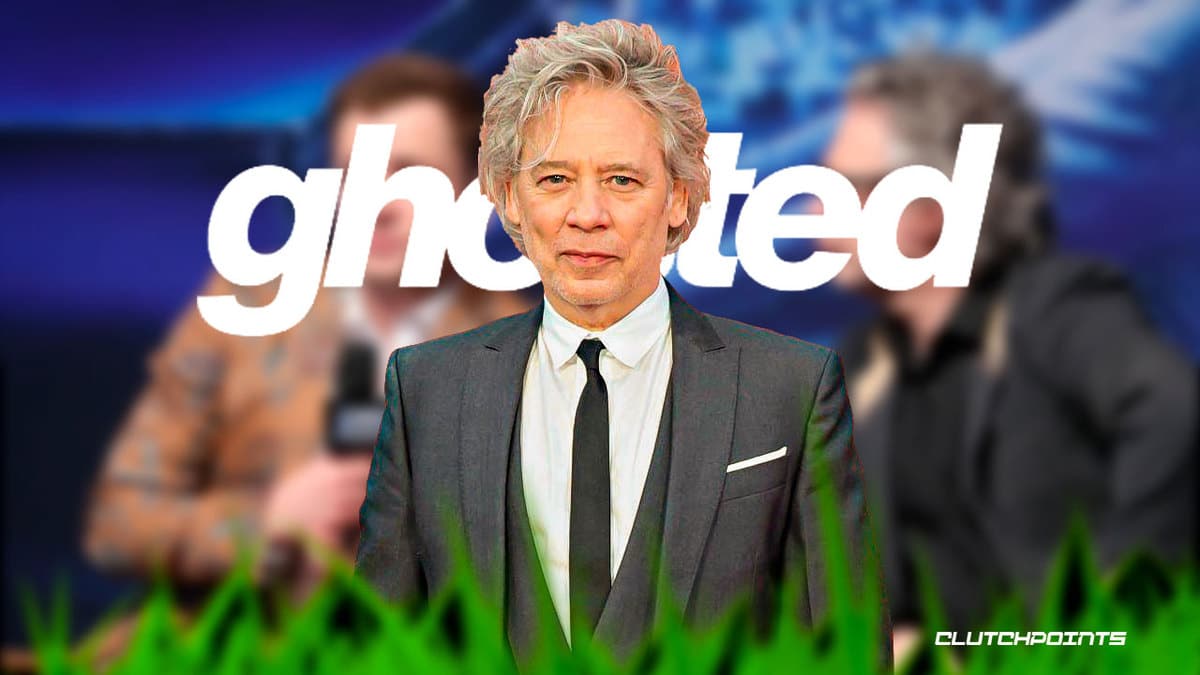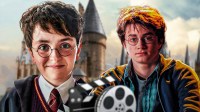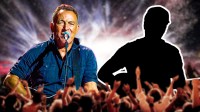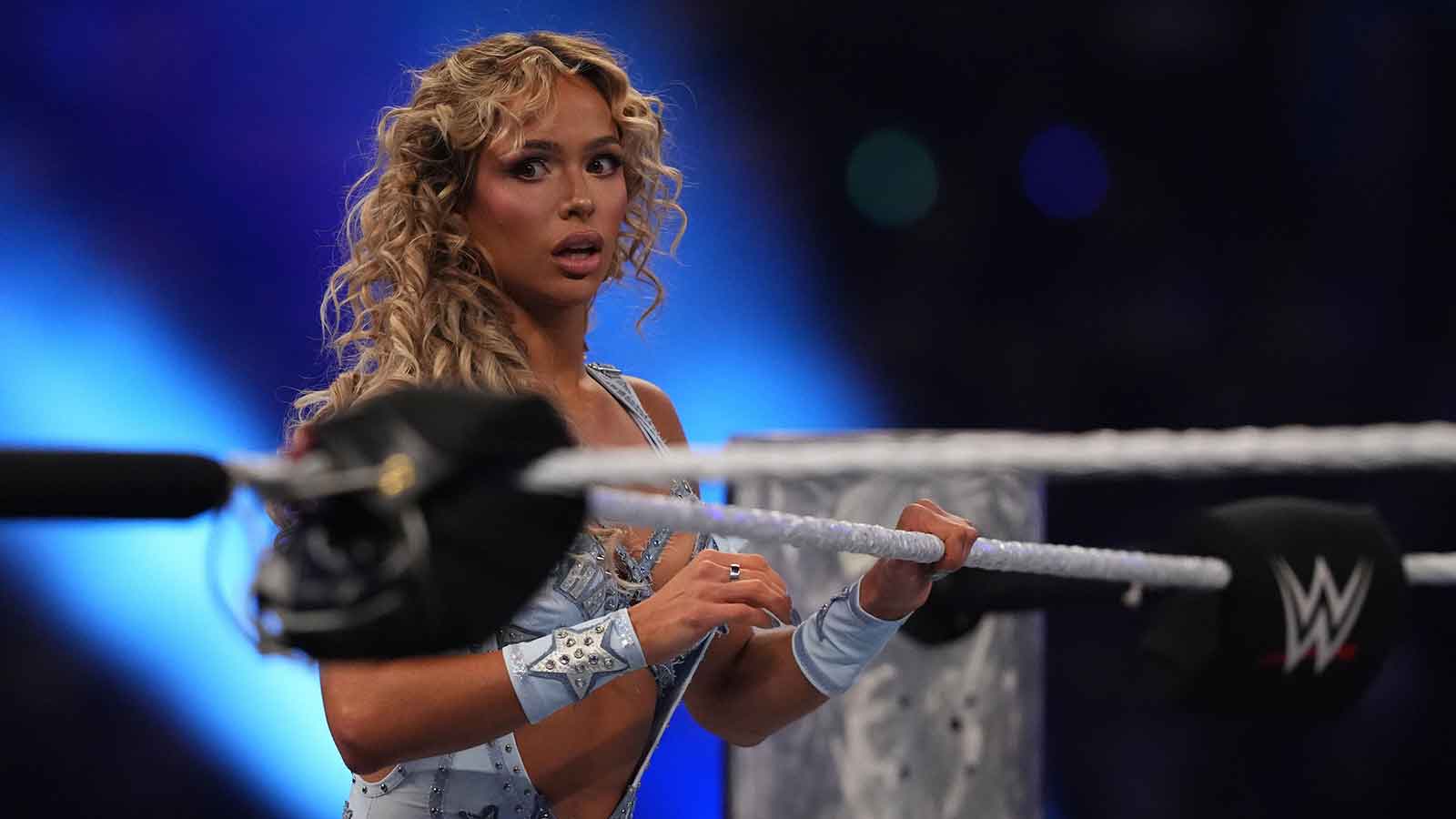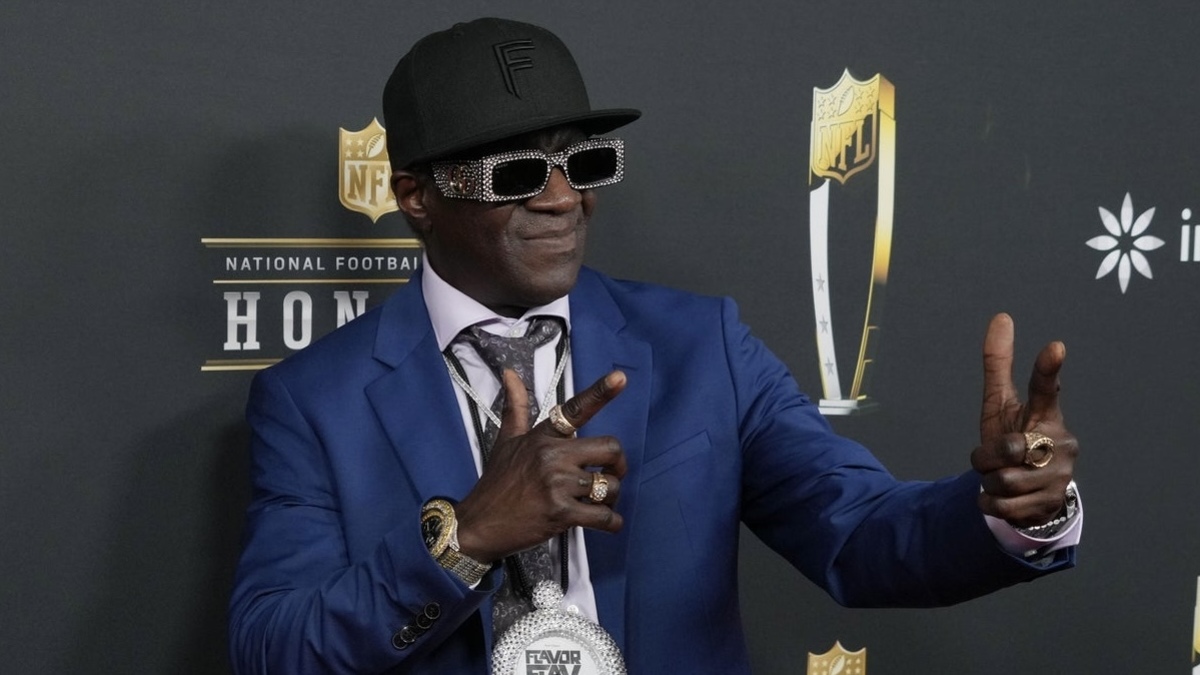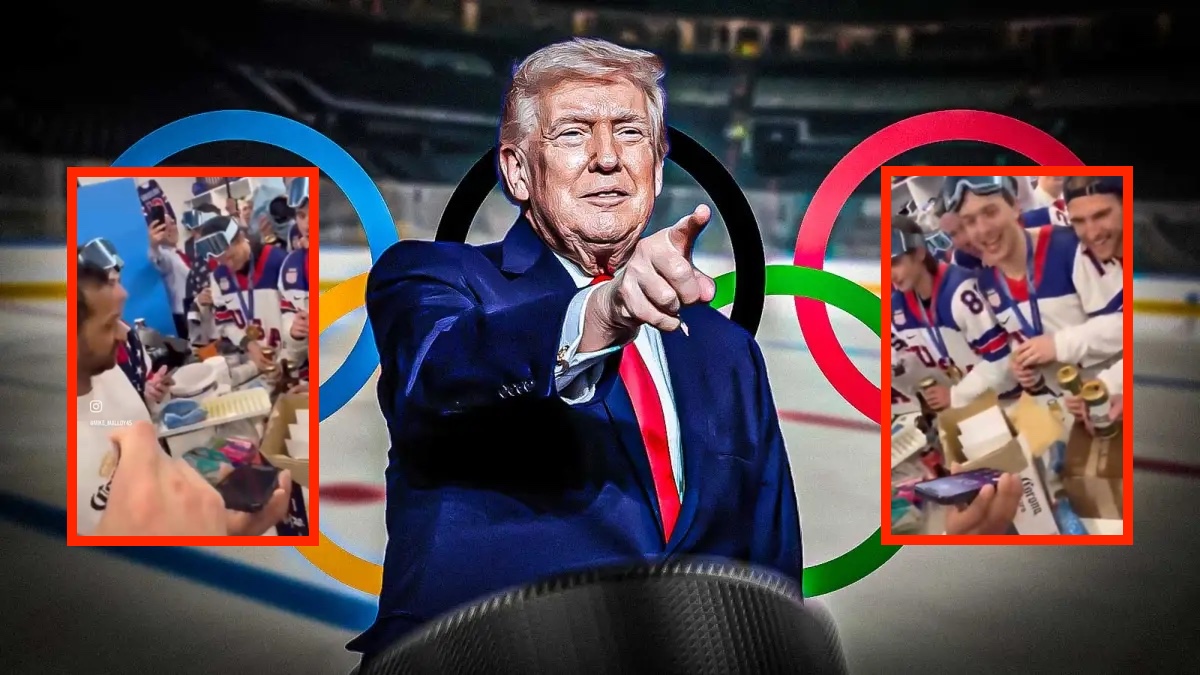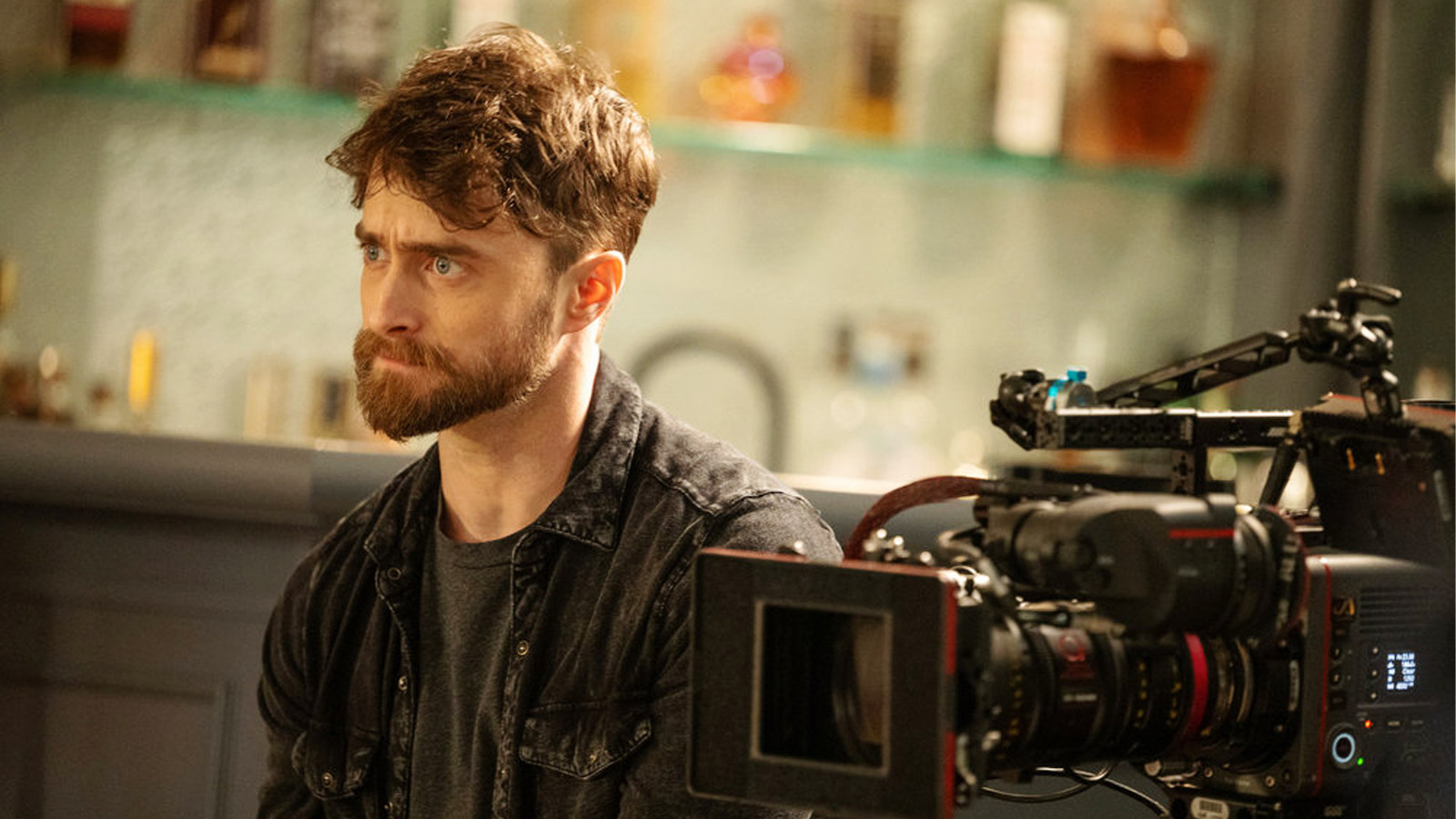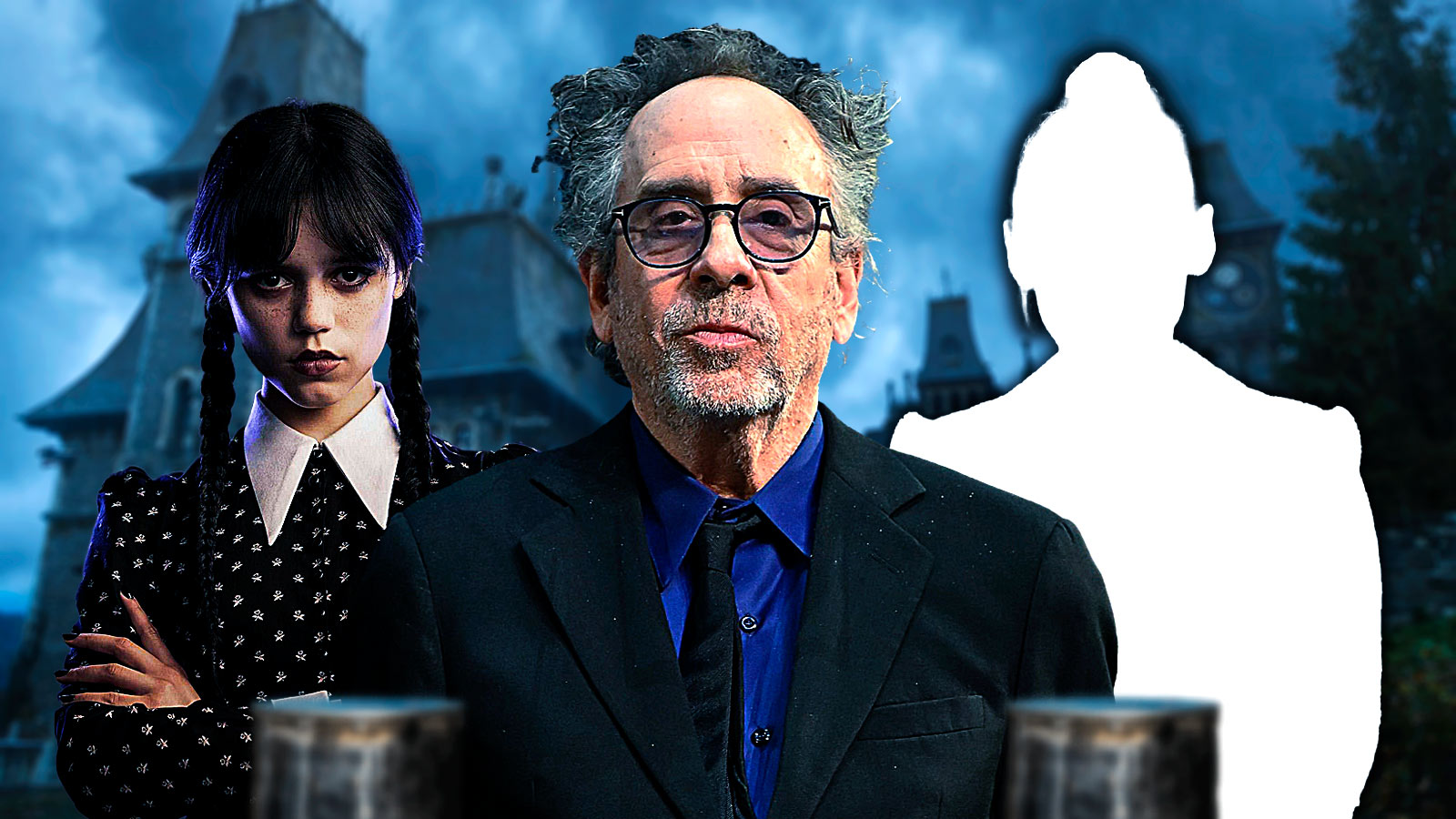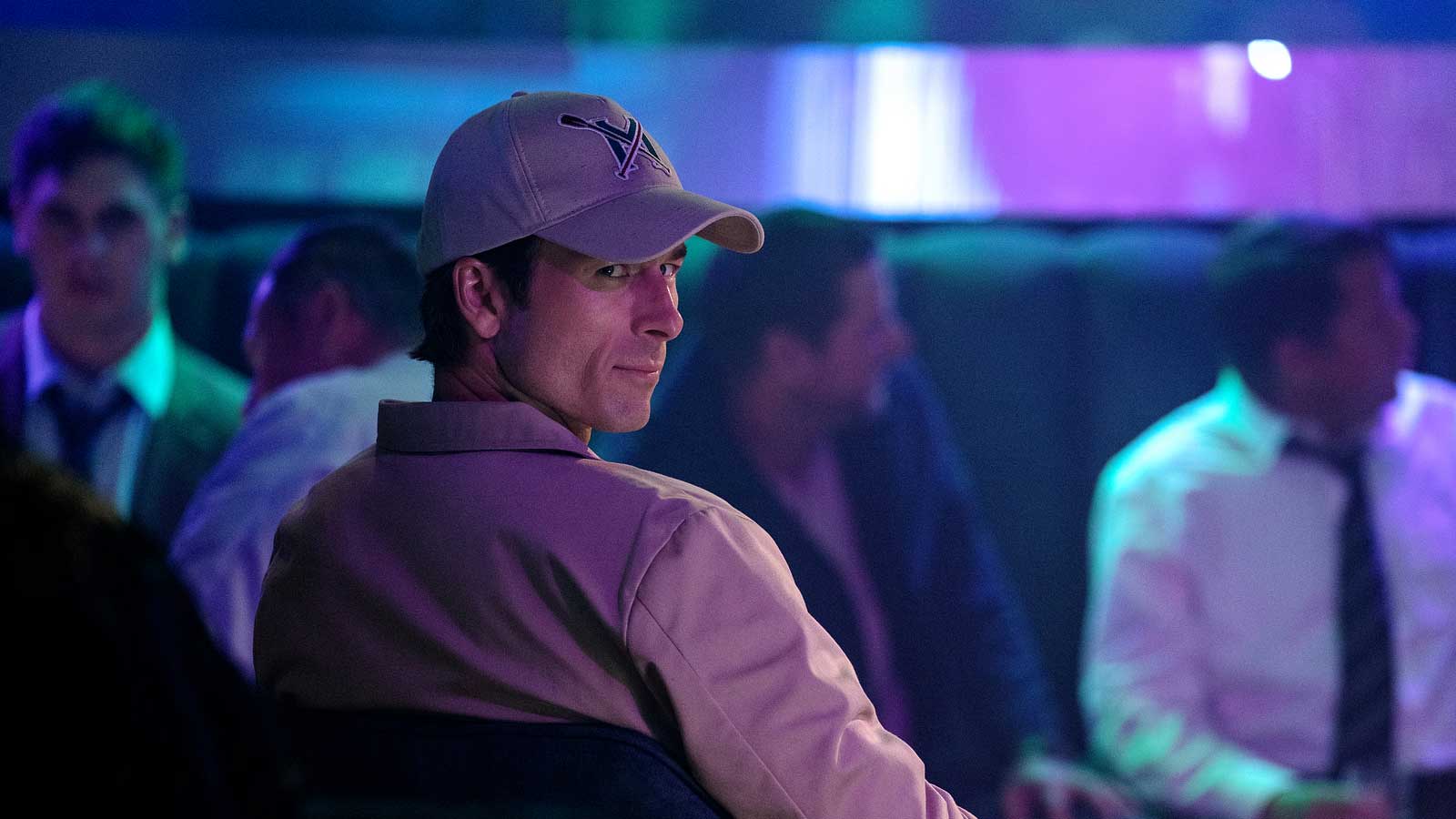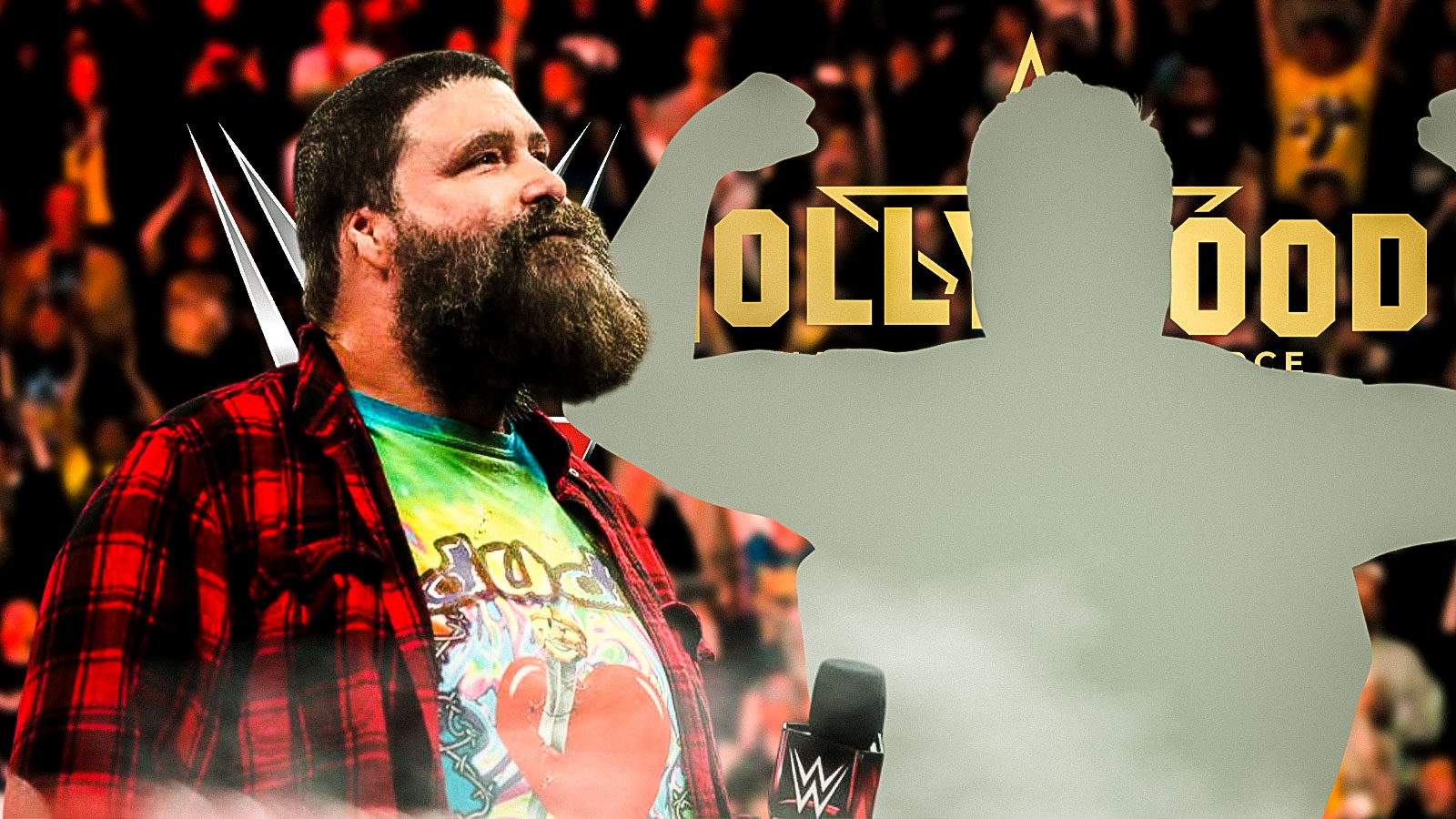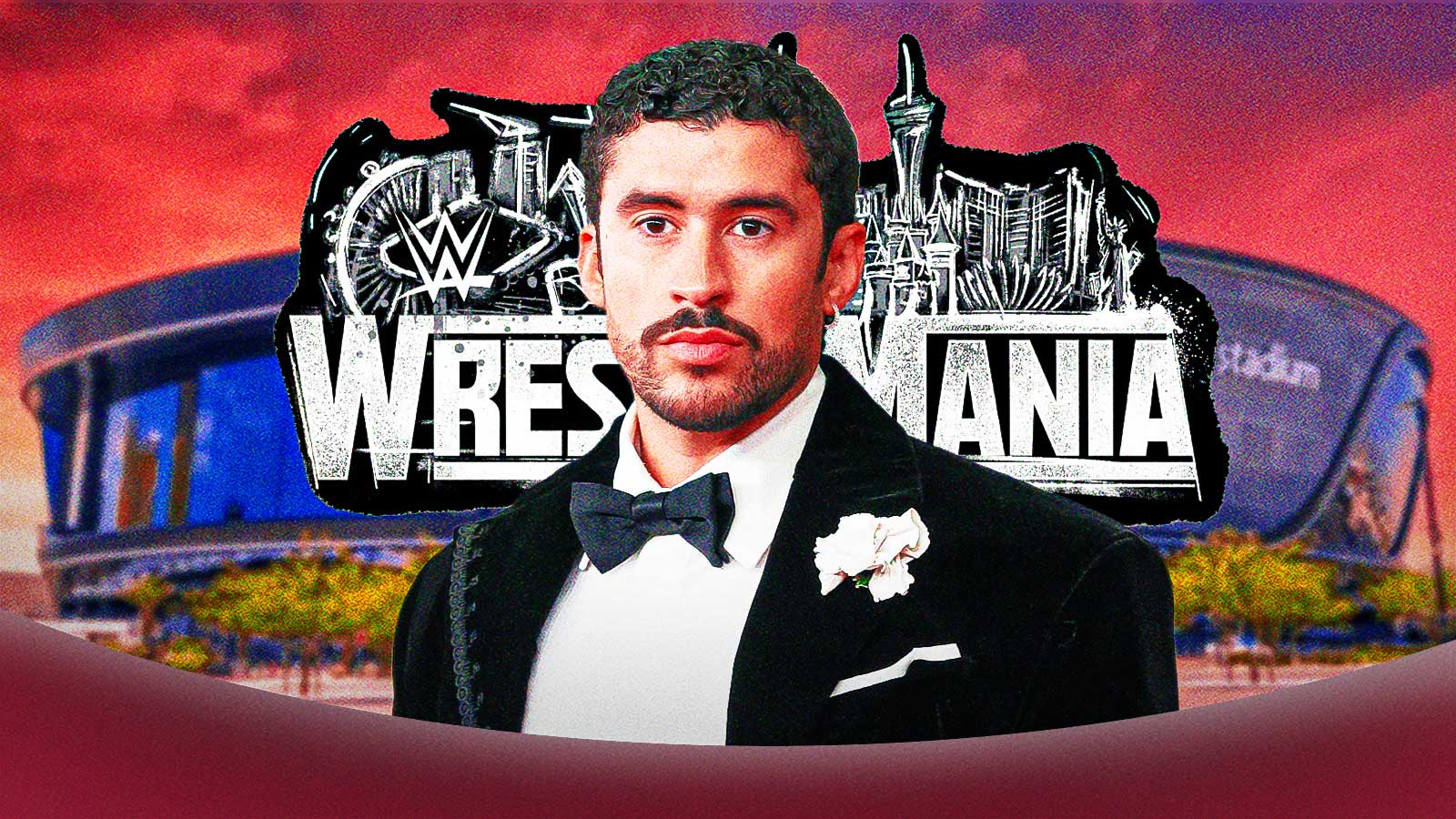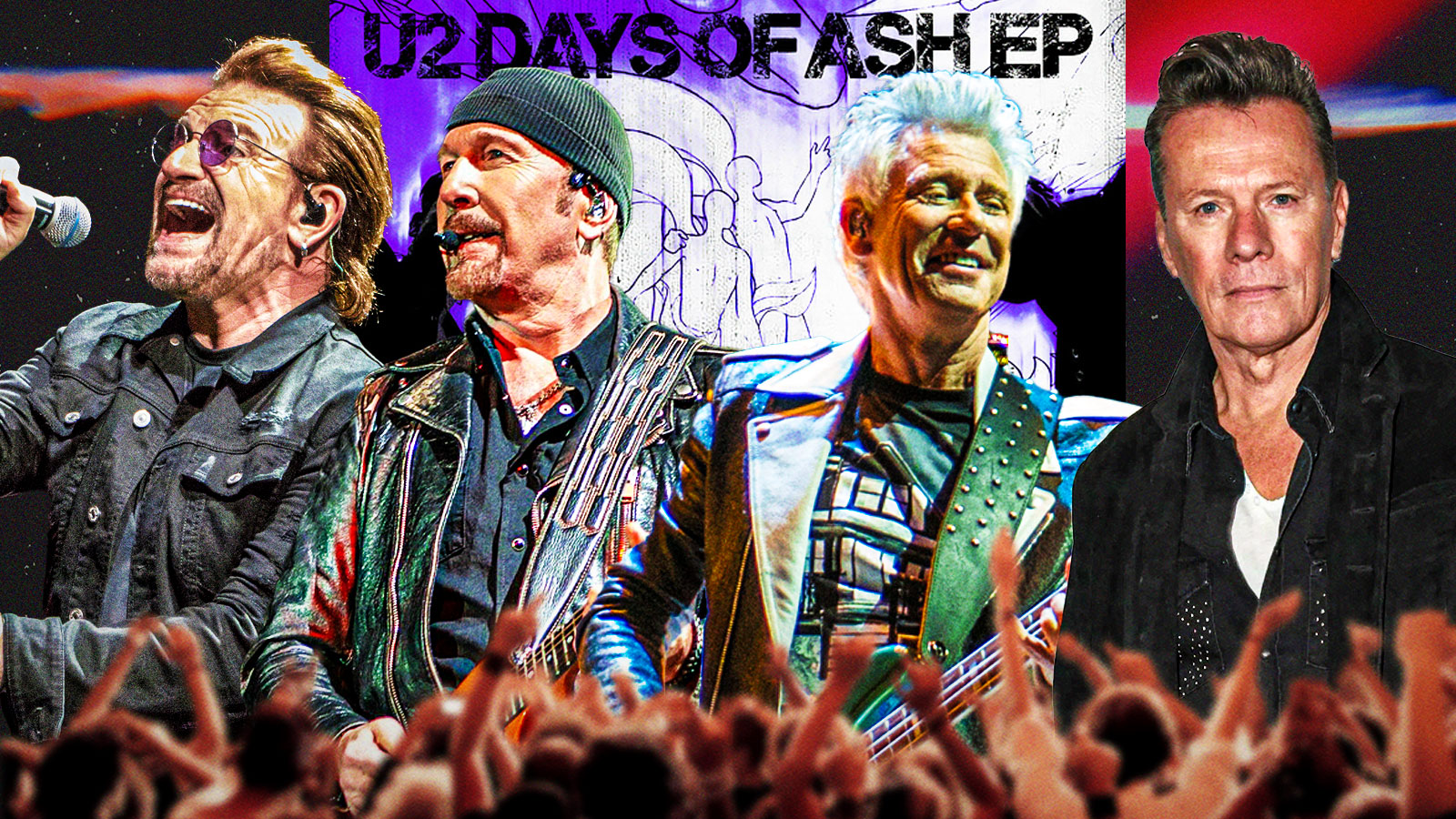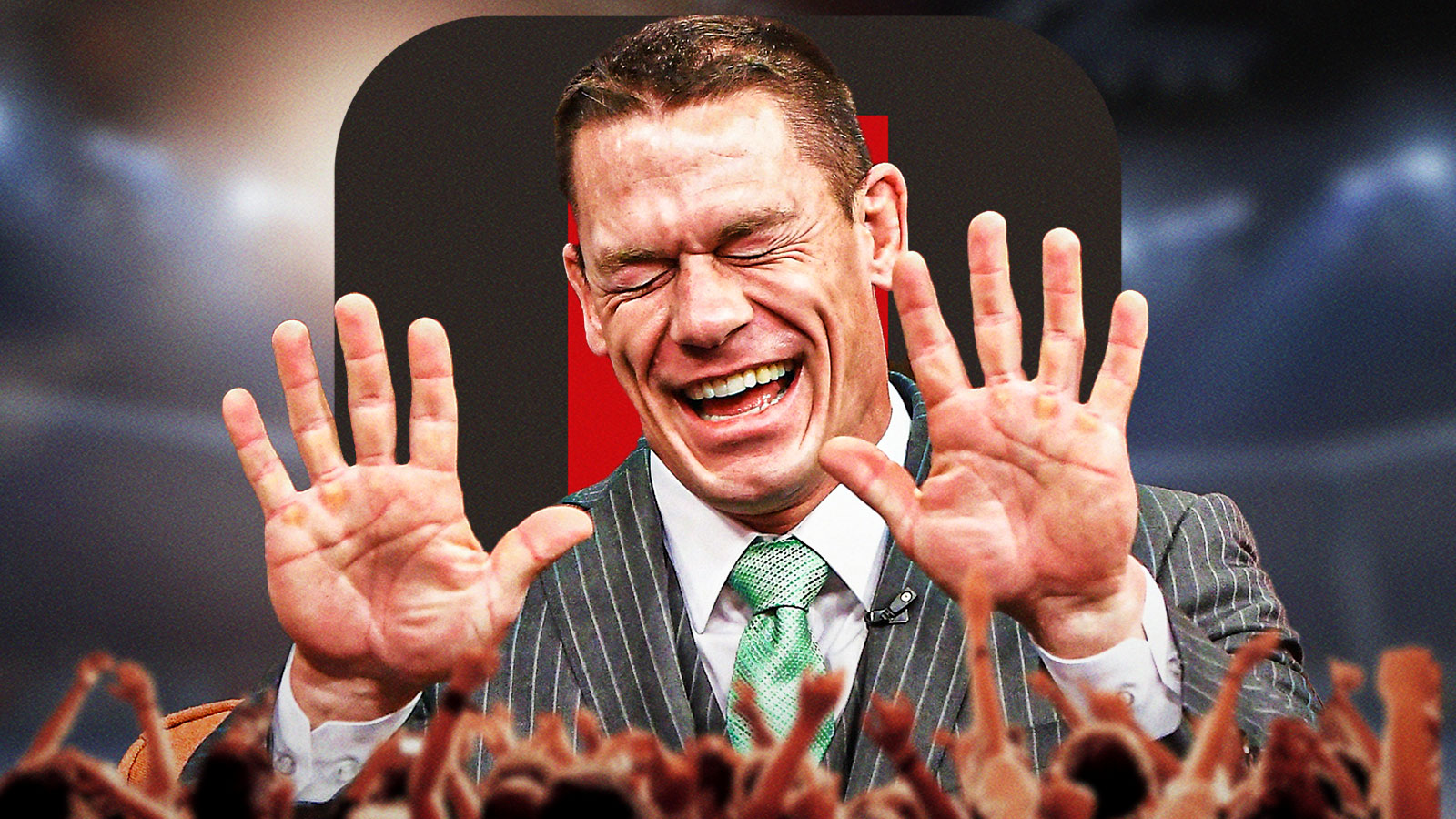Rocketman has to be my favorite music biopic. I think the genre itself is tired, but if you're gonna do one, do it as Dexter Fletcher did and not how Sony did I Wanna Dance with Somebody. I told this to Fletcher, who then called me a “man of impeccable taste,” with a little grin. That's why it was truly an honor to speak with him about his latest film, Ghosted, streaming on Apple TV+ today.
Ghosted follows a farmer, Cole (Chris Evans), who's selling vegetables at a farmer's market when he meets an art curator, Sadie (Ana de Armas). After spending one magical day with each other, Cole is “ghosted” by Sadie and follows her to London (thanks to his tracker on his inhaler). That's when he finds out that Sadie is more than what meets the eye, and that the woman he sees as “the one” is a secret agent and Cole is forced to go on an adventure for the first time in his life. While it doesn't reinvent the wheel, Ghosted is a blast for its entire 110-minute runtime and is like a relic of a different age.
ClutchPoints was fortunate enough to chat with Fletcher and talked about the action sequences, some unique homages featured in them, the two dynamic lead actors, and even talks about having an actor who can sing as Taron Egerton did in Rocketman and Timothée Chalamet will in the Bob Dylan film.
ClutchPoints: Ghosted references “Taxman” by The Beatles a lot — it’s even used as a needle drop. This might just be the Beatles fanatic in me, but did you notice in the beginning that the little “meet cute” between Cole (Evans) and Sadie (de Armas) at the market is kind of like the story of “Ob-La-Di, Ob-La-Da”?
Dexter Fletcher: Well, that's a reference that you found that was not something that I'd intended, but had I thought about that any deeper, I might have used it as a track there.
Look, some stuff with the music, I'm absolutely sure what it is, even before going in and other stuff finds its way and [as] you said with the Beatles stuff, it writes itself and then “My Sharona” finds its way in and a bit of Chaka Khan as well. There are things that I love that I feel have the right energy and movement and help the rhythm of the story in the film — they're a little bit more grounded — and then there are other things like the Traveling Wilburys that you find and you go, “Oh, this works really well,” so I can sit back and relax on that. So I really enjoy that aspect of it as well — the music aspect of it, as you could probably tell from my past work. And hopefully, it's eclectic, but it all feels like it's in the same wheelhouse [in the case of] Ghosted.
CP: I was curious about what it was like to work first with Chris Evans, who I know is a producer on the movie as well, because this role was a little different for him.
DF: Yeah, like you say, he brought it to Skydance and so that was something that they had always wanted to collaborate [on] anyway, I think [Skydance wanted to collaborate] with Evans and vice versa. And it's really rooted in Romancing the Stone — his people have sort of touched on that and True Lies — and they're movies that I love and [they] spoke to me. And so when I read it, I really responded to that.
But I sat with Chris, and he was genuinely excited about it. He also was extremely complimentary about Rocketman, which obviously was music to my ears, pardon the pun [smiles], but I also knew him from some early work that I remembered from him that I really enjoyed him and knew he was funny. I knew he is a great physical comedian, so I was very intrigued and excited by that and the way he spoke about it. So it was a bit of a straightforward, no-brainer in that respect.
Then when we got on [set], and he was the producer, he was really good at separating the actor from the producer. He didn't let those lines blur. And so when I needed him to step up and produce, and when he needed to step into the room and say, “Alright, what's the problem? How are we working [through] the problem?” he could, but also as the actor, he didn't bring his own agenda if he had one. Which he didn't, other than making a great movie. He would let it get dealt with and he would concentrate on his acting work. So, look, he's incredibly experienced, he's super smart, he's very funny, and actually he's a great collaborator. So I have no complaints about him as mundane and as boring as that is.
I would like to complain about him [smiles]. His beard grows too quickly — there you go. That's the only complaint I can [offer] up. Evans, he's very hairy.
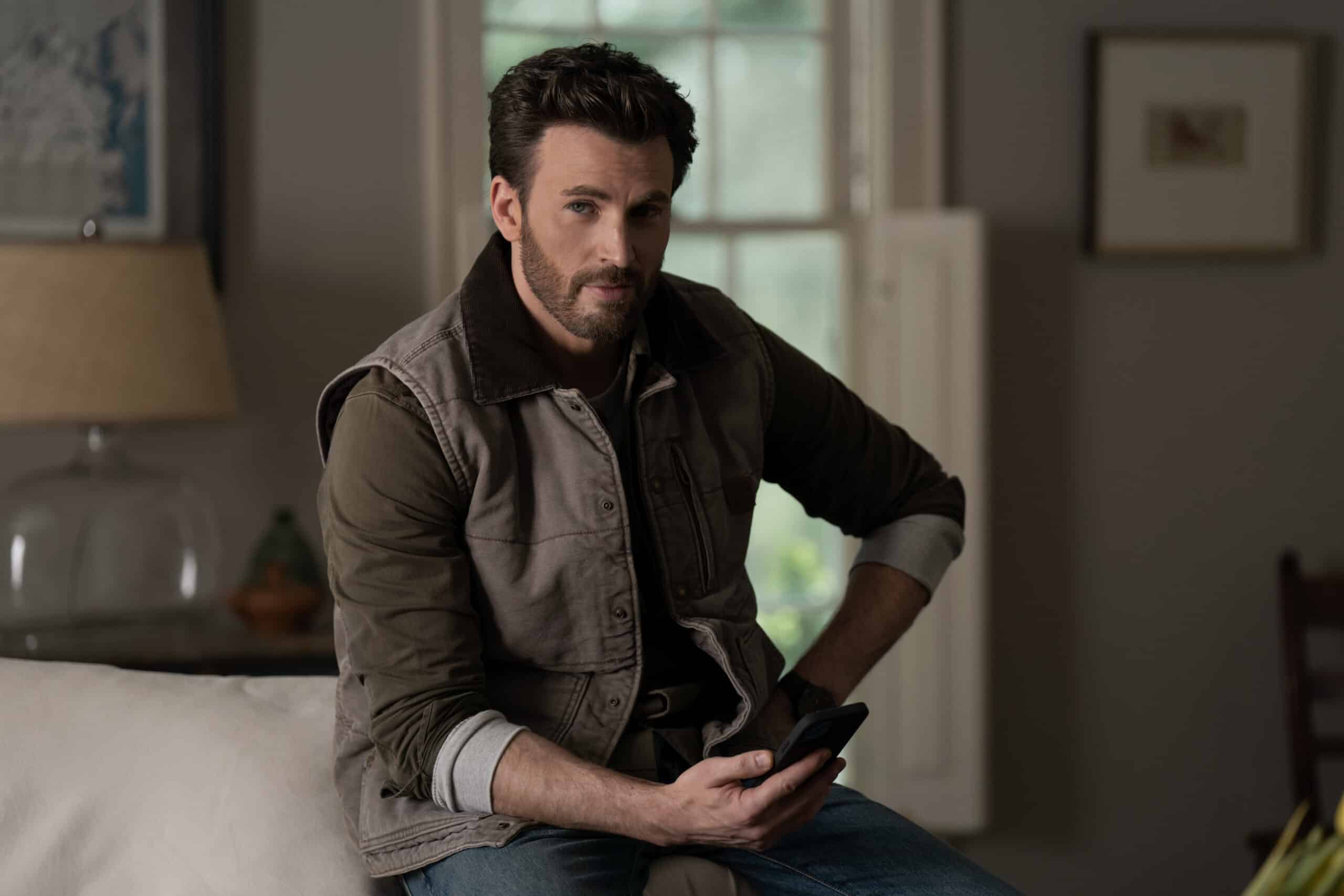
CP: And can compare him a little bit to Ana de Armas, who, I believe came in and replaced Scarlett Johansson and was an executive producer on Ghosted.
DF: I [didn't see it as] she replace[d] her. I mean, I suppose you could [say that, but] it's not like we were like, “Oh, we're gonna [replace her].” No, Scarlett had other commitments and it didn't work out with her schedule so. The desire was Scarlett wanted to do it, Chris wanted her to, and I really wanted her to, but it just couldn't come together and so although there was a lot of goodwill there, other obligations took precedence.
And then the next [part of the process] was we [had to] look again and sort of all [in] one voice, you know, Chris, myself, the studio, said Ana and was like, “Okay, well if she's available, just offer her the job.” She read it and she was available because Ballerina had [been] pushed, so she had a window, which was our good fortune. And then I got on the phone with her and started talking about things and how we could make it different and set it apart and how it would be interesting for her, what would excite her about it, and she was like, “Okay, I'm in. I love Chris. I'm gonna do it.”
It is one of those “stars aligning” kinds of things. It would've been equally as great with Scarlet, Hopefully, that could happen somewhere in the future, [that] I could work with Scarlett and Ana together. That would be amazing. Chris can produce [laughs].
CP: There are a lot of great action sequences in Ghosted. My favorite is the chase sequence with the bus, so I have got a two-part question for this. The first is how much of that was done practically, cause I can't imagine it's very easy to drive a bus backward down a mountain.
DF: No, it's not. There's some skullduggery and shenanigans going on there, that's for sure [smiles]. There [was] actually a steering wheel at the back when it should be at the front, so they did have a certain degree of control, but that's all in-camera — that's the magic of how you create all in-camera.
There are some bits with Ana and Chris inside when the bus is doing extraordinary things that we had on the sound stage. But on the whole, there's a fantastic guy called Garrett Warren, who's the second unit director and stunt arranger, he took his team out there and we recorded it and I spoke about what I wanted and we created, pre-vis[ual effects] and he had a plan of action and he went away while we shot [and] the main unit was sending stuff back, which I would respond to.
But a lot of it is extremely practical because that was the other thing that I wanted because I grew up in the '80s with Indiana Jones and True Lies and all those kinds of things [with] lots of practical effects because visual effects have expanded so rapidly over the last 20 years that I think it affects trends in film. And so I wanted this film to kind of hark back to those '80s, you know, Midnight Run [and] When Hall Harry Met Sally — various different things like that.
CP: You just mentioned Indiana Jones, and that actually was the second question I was gonna ask you. So it seemed like there were quite a few homages in that sequence to those, to Raiders of the Lost Ark and The Last Crusade — was I right about that?
DF: Oh God, yeah. I mean, I’m nothing if [not] brazen and unapologetic about how I love those films, and if I can give a nod to them, I absolutely do that. As you know, with the bars on the back window and the wall coming closer and hopefully it can give you that feeling of excitement that [those films] did for me. Every time I watch it, I'm always excited.
CP: So I imagine you're excited about the fifth movie then.
DF: Yeah, of course. [I’m] very keen to see what they've cooked up.
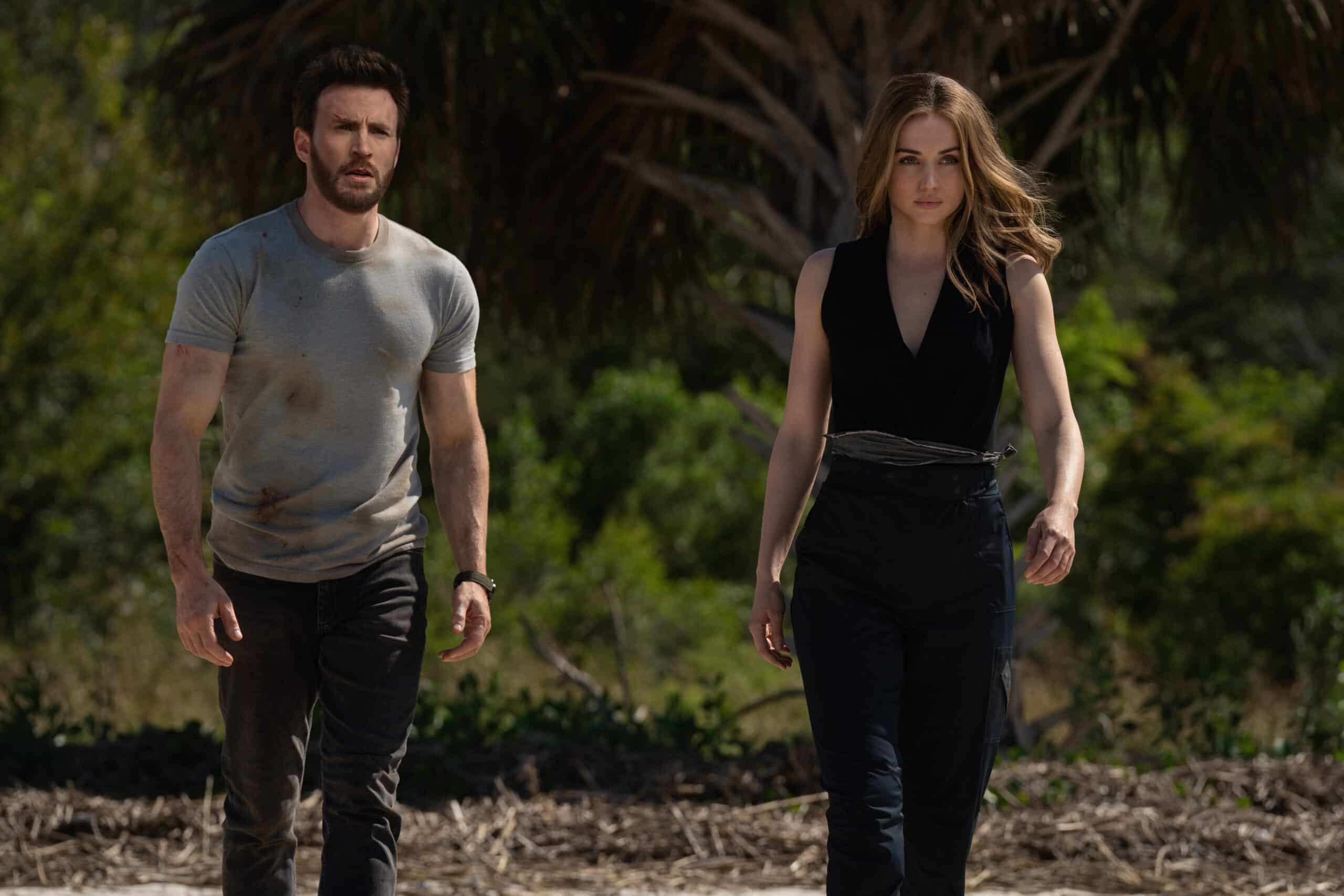
CP: Since you mentioned practical effects and mixing them with visual effects, can you compare that sequence with the third act sequence, which is in that rotating restaurant?
DF: Well, I mean, look, that's a lot harder to do practically. There's still a lot of jumping and flying around and spinning and people being hooked up on the things and it's, again, a lot of clever set design that goes into creating that whole sequence as well as visual effects for the outside because, obviously, it would just be ridiculously dangerous to try and achieve it — although Tony Scott did do something of a similar nature many, many years ago. Anyway, look, we had to have control [because] it’s our biggest sequence, and I was keen that we could sell the jeopardy of that [situation].
And that was another great experience for me, though, how those elements get to work in tandem, you know, the production design and the visual effects and the special effects and the camera work and the lighting. It was grueling and arduous and the actors were brilliant. And sometimes they had to do some “Star Trek acting,” you know, staggering around [waves arms], [like the] old Star Trek TV series, not the modern [films].
But on the whole, I feel it's successful and convincing. I dunno how you felt as a viewer. I know where all the secrets are, so when I watch it, it looks kind of different to me.
CP: And I have time for one last question with you. As I mentioned, Rocketman is my favorite music biopic, and I don't know if you've heard anything at all about the upcoming Bob Dylan one with Timothée Chalamet…
DF: I've heard of it. I haven't heard much lately.
CP: Similarly to Rocketman, it was announced that Chalamet is going to be doing the singing for the part, so I was curious because you've worked on Bohemian Rhapsody, but also directed Rocketman, so you've had both a lip-syncing actor and an actor who can sing the songs. What’s that process like having an actor that can sing, and if you had any sort of tips for somebody like James Mangold and co. for the Bob Dylan film?
DF: [laughs] Well, I wouldn't, I wouldn't dare go “Hey, James — let me tell you how it's done. Mr. Mangold, pull up a chair.” Look, everyone's gonna find their own process. The process on [Bohemian] Rhapsody was, he [Rami Malek] wasn't lip-syncing. He sang, but then we augmented his voice with Marc Martel because Freddie [Mercury]'s instrument was so extraordinary. So that was one process.
Similarly, with Taron [Egerton], he had to work very closely with Giles Martin in the studio to get the right tone for Elton [John]’s very particular singing voice because [while] Taron does have a voice, Elton has a powerhouse of an instrument. And so Taron worked for six months before that — before we were recording it and re-recording it and going back. And some things were recorded live on the day and others after.
What I'm trying to say is there's a different process each way that you do it. And they, Mangold and Chalamet, will absolutely figure out what is the best way to do it. I dunno how Baz [Luhrmann] and Austin [Butler] achieved it [in Elvis], but again, it's brilliantly convincing and it's a brilliant, compelling watch. So it's gonna be really amazing and interesting to see how they do it.
And, you know, Joaquin [Phoenix] did it with Johnny Cash [in Walk the Line] and there are all different variations on the theme, but you can't tell me on Grease that they all sang it there and then on that day — there was playback going on — so, I don't know [smiles]! It's an unknowable part of the magic.
Ghosted is streaming now on Apple TV+.

